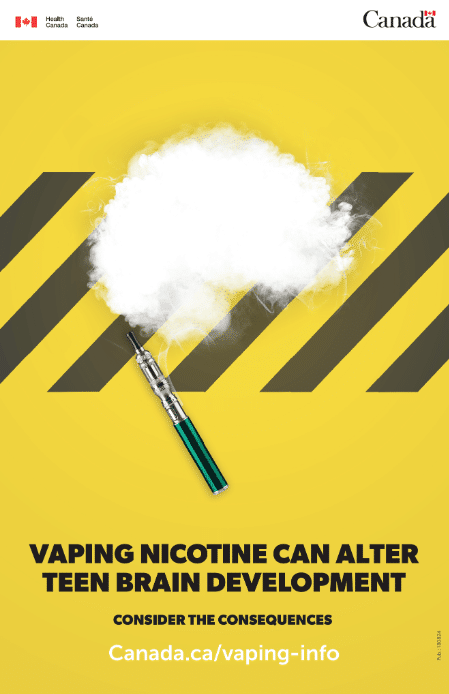

Nicotine-containing e-cigarettes are regulated as “tobacco products” by the FDA because the nicotine is derived from the tobacco plant.

Using e-cigarettes, or “vaping,” are terms used synonymously to refer to the use of a wide variety of electronic, battery-operated devices that aerosolize, but do not burn, liquids to release nicotine and other substances. Beginning smoking, switching to smoking, or reverting to smoking exposes the user to potentially devastating health effects. Current e-cigarette users should not also smoke cigarettes or switch to smoking cigarettes, and people who former ly smoke d now using e-cigarettes should not revert to smoking.Īll tobacco products, including e-cigarettes, pose a risk to the health of the user. No e-cigarette has been approved by the Food and Drug Administration (FDA) as a safe and effective cessation product. The ACS does not recommend the use of e-cigarettes as a cessation method. E-cigarettes should not be used to quit smoking. The ACS encourages young people currently using any of these products to ask for help in quitting and to quit as soon as possible. No youth or young adult should begin using any tobacco product, including e-cigarettes. The ACS position statement will continue to be updated based upon emerging public health trends and evolving science. This updated position statement replaces all previous ACS statements on e-cigarettes and guides the organization’s tobacco control and cessation efforts regarding these products. However, the use of e-cigarettes in young people has since skyrocketed to epidemic proportion with nearly 30% of high school students reporting using an e-cigarette in the past 30 days and 12% reporting using an e-cigarette daily. At that time, the ACS emphasized that no young person should start using any tobacco product, including e-cigarettes. The American Cancer Society (ACS) first released a position statement on e-cigarettes in February 2018.


 0 kommentar(er)
0 kommentar(er)
